Rechercher
Search form and result list
Résultats 1 á 10 de 796
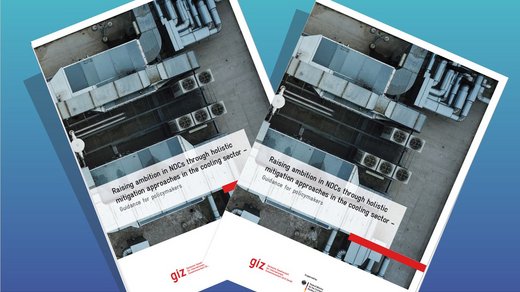
10/2022 Publication - Inventories & Cooling StrategiesRaising ambition in NDCs through holistic mitigation approaches in the cooling sector – Guidance for policymakers
Refrigeration and air conditioning (RAC) is vital for human well-being, for example, to prevent food loss and guarantee supply with medical care with functioning cold chains and alleviate heat stress through space cooling. Cooling sector specific mitigation targets and measures can significantly contribute to achieving a country’s overall climate targets and therefore, need to be considered when defining and updating Nationally Determined Contributions (NDCs).
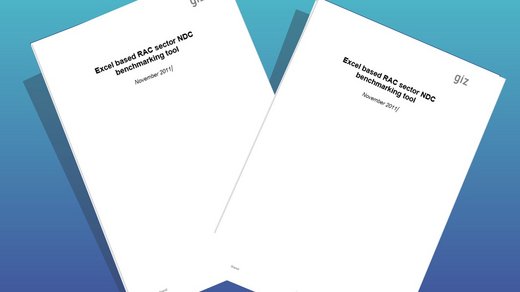
10/2022 PublicationExcel based RAC sector NDC benchmarking tool
The objective is to enable decision-makers to do a self-analysis of the cooling sector-related measures included in the current NDC of a country or future updated NDCs. It follows the same logic and structure as presented in the guideline.
The ambition level resulting from the selected policy instruments provides an indication of whether the measures are going in the right direction.06/05/2024 Actualité From Zero Interest to Net Zero: Retail Banking for Energy Efficiency, Philippines
A training workshop in the Philippines offered the opportunity to find solustions to create more incentives for consumers to invest in energy efficient and climate-friendly appliances. Like this the cooling sector in the country should be able to fulfil its crimate targets.
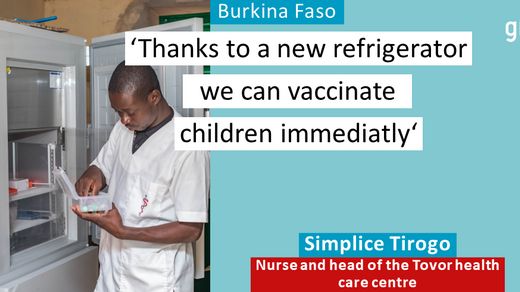
10/05/2024 Actualité Burkina Faso: 11000 personnes vaccinées grâces aux réfrigérateurs respectueux du climat
Le projet ROCA a donné des réfrigérateurs respectueux du climat a dix centres de santé à Burkina Faso.
MembreCosysense
Ablehnung kein Bezug zu nat. Kältemittel /Cosysense provides a net zero service to commercial buildings like office and coworking spaces. Our plug-and-play sensors collect user comfort data, indoor environment, and HVAC power that we transform into real-time CO2e emissions. We complement it with databases of outdoor temperature, weather conditions, grid emission factors, and electricity price. We record all information in a serverless database and visualise it in digital dashboards. Our AI model uses the data for dual comfort and energy optimisation every 15 minutes. This represents the dynamic nature of buildings and people’s comfort needs. Looking ahead, we will add dynamic pricing and grid emission factors into the optimisation model for future grid-connected smart buildings. Our AI executes HVAC adjustments through battery-powered wall panel attachment that can be installed to approx. 80% of single and multi-split HVAC models with infrared or manual controls. We can install all our non-invasive devices in 1h without cutting a single cable in clients' spaces. Cosysense creates above 15% power and emissions savings on top of any other IoT existing solution. It has no upfront cost because we lease our sensors for free. Clients pay a subscription fee between $19 and $99 per sensor per month only if the savings we generate are larger than our fee. That is how our clients become more profitable and greener with our solution. …
MembreMAGNOTHERM Solutions GmbH
MAGNOTHERM is an emerging university spin-off from Technische Universität Darmstadt with world leading expertise in permanent magnets and magnetic cooling. Our technology, based on solid state materials and water, is capable of replacing standard gas compression cooling or heating solutions in compliance with current and future f-gase regulation standards. Our developed cutting-edge energy conversion solutions allow cooling and heating with low pressure systems (approx. 0.5 bar) and is 40% more efficient than current systems. At the same time it complies with all current and future EU F-gas regulations, is explosion free and non-flammable. It is efficiently scalable in all sizes (from 0.5 to 5 kW) for thermal energy conversion units in decentralized, mid-range powered applications. With our 100% green technology, we are able to meet the world’s fast growing demand of clean and sustainable cooling and heating applications. …
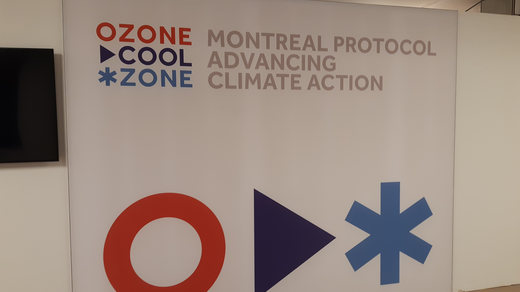
23/01/2024 Actualité COP28: Recap and Highlights
The Montreal Protocol Pavilion at COP28 showcased the Montreal Protocol's achievements in climate protection. GIZ Proklima participated as one of 16 partners, aiming to advance Green Cooling. For the first time, the pavilion provided a platform for the Montreal Protocol and the cooling community to promote climate action. The Ozone to Cool Zone pavilion aimed to spread awareness, scale efforts, and unlock innovation for solutions to minimize the cooling sector's negative climate impacts, advance sustainability goals, and unlock more effective solutions. All materials of the side-events can be found here.
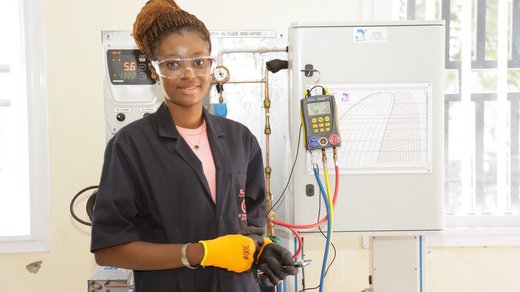
30/04/2024 Actualité Sénégal: Formations en refroidissement vert
Assane THIAM et Fatikha BA, accompagnés de 98 autres professionnels du froid et de la climatisation, ont terminé avec succès une formation axée sur l'utilisation des réfrigérants naturels, moins nocifs pour l'environnement et plus énergétiquement efficaces.
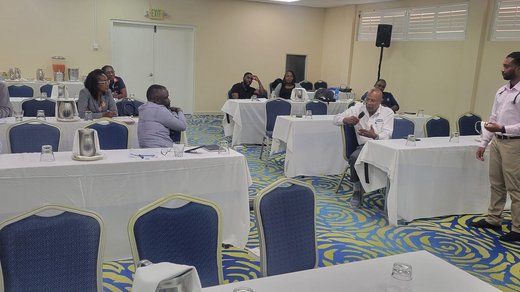
26/04/2024 Actualité Grenada Steps Closer Towards the Establishment of a Product Registration System for Cooling Equipment
Grenada solidified its commitment for a market transformation to energy efficient and climate friendly cooling solutions with the successful hosting of a workshop on the establishment of a Product Registration System for Cooling Equipment.

30/01/2024 Actualité Cooling NDCs needed? The NDC Helpdesk provides expert guidance
Do you need support in designing, implementing, or updating your Nationally Determined Contributions (NDC) with ambitious targets and mitigation measures in the cooling sector? The newly established NDC helpdesk for the cooling sector is here to support you.
